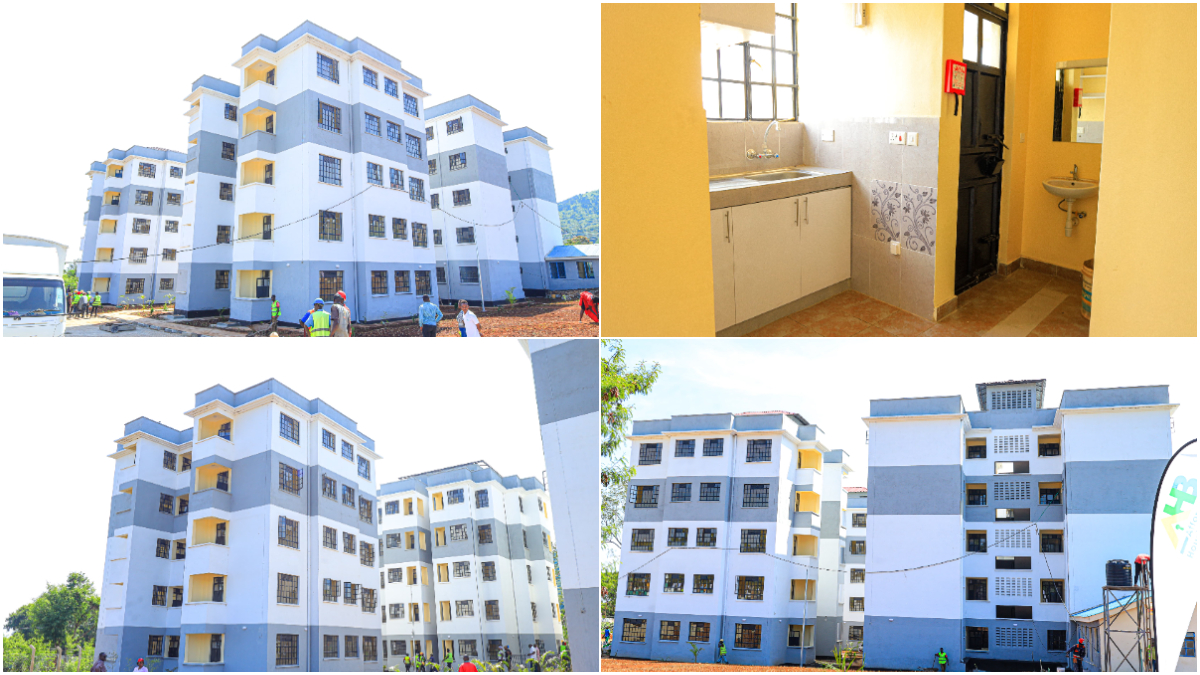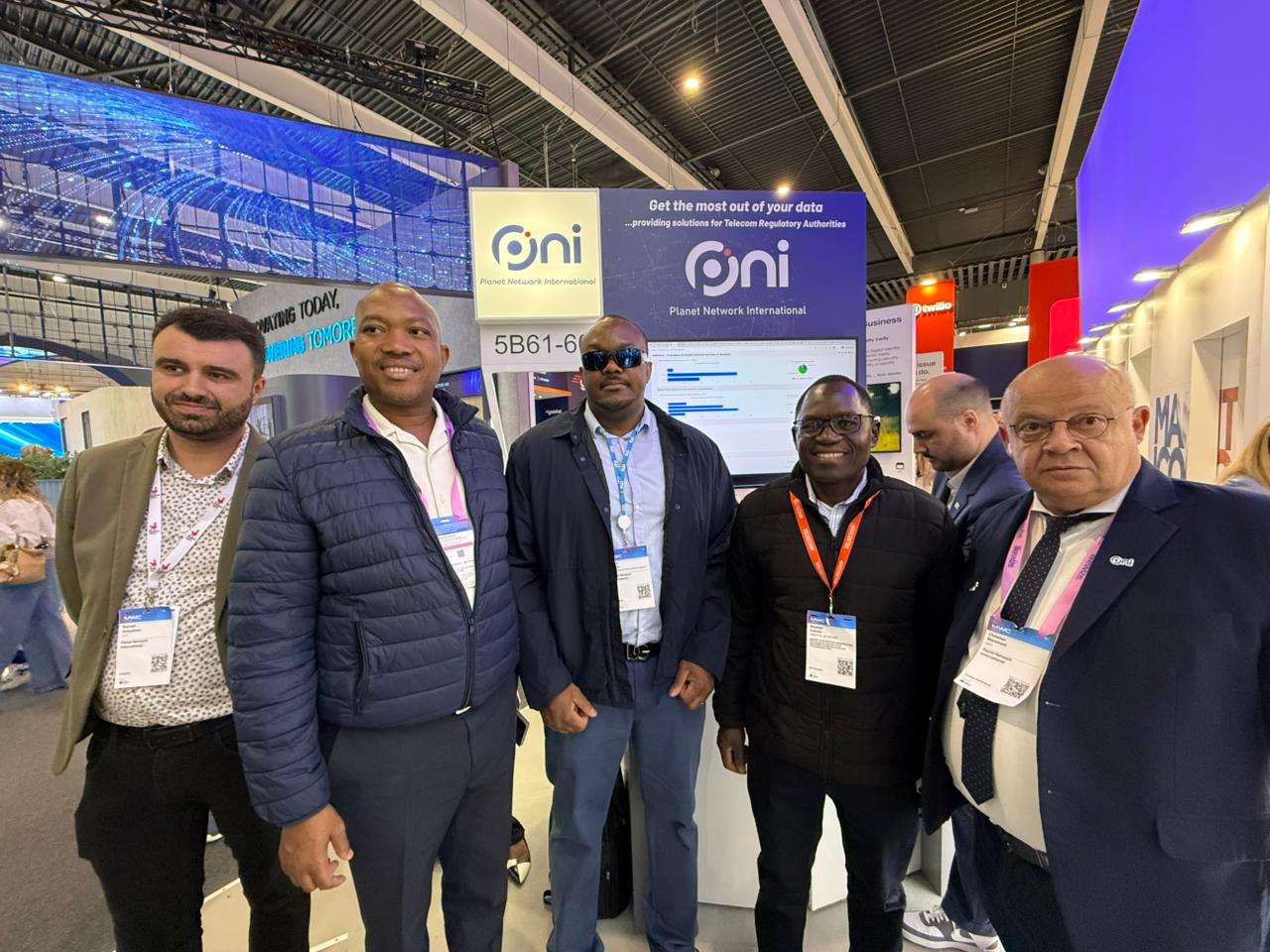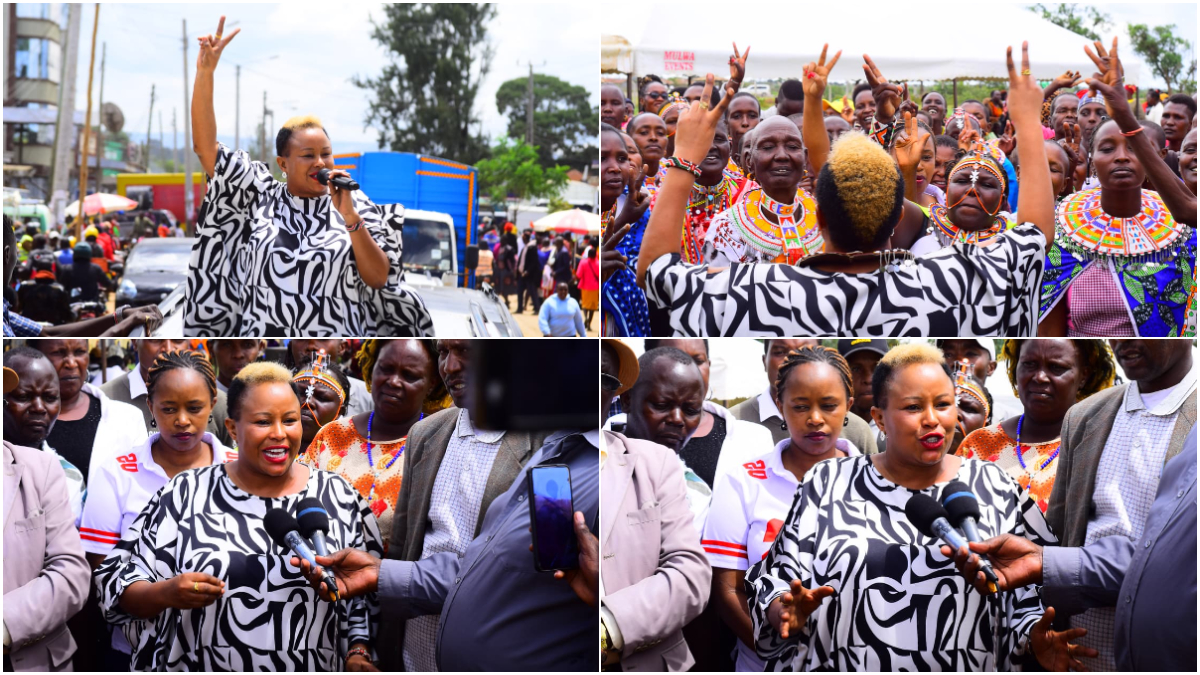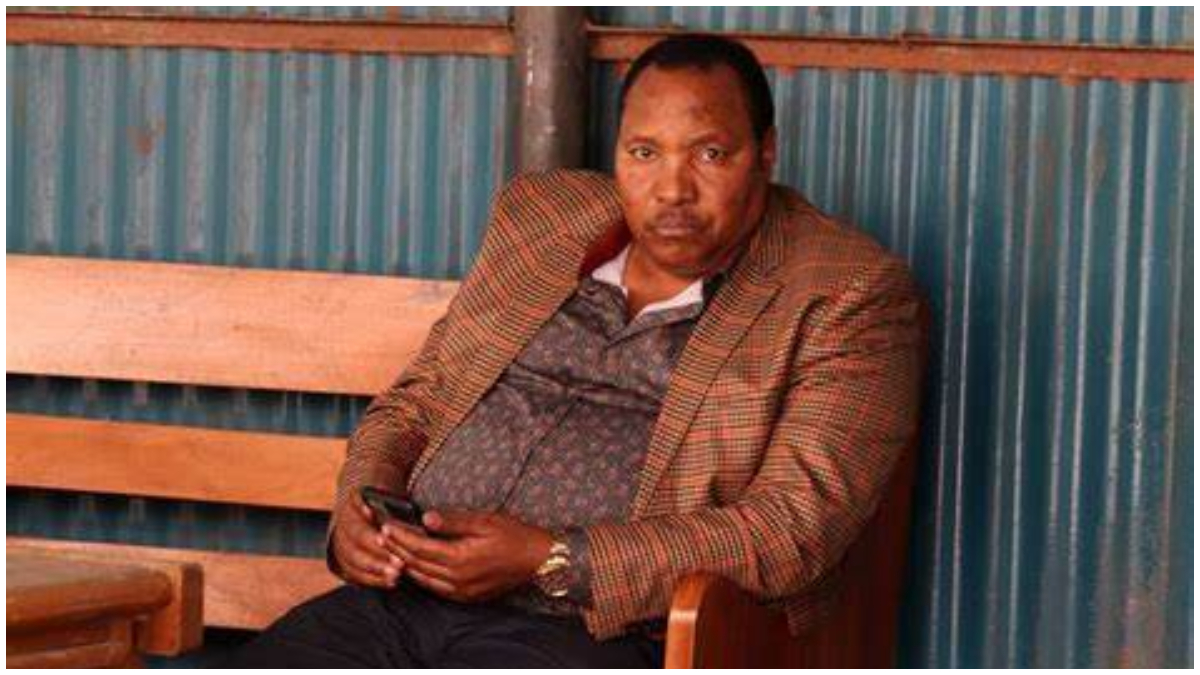The Homa Bay Boma Yangu Estate is the first building in Africa to be awarded an Excellence in Design for Greater Efficiency (EDGE) certification as a mark of green building qualification.
Located just a few kilometers from Homa Bay town along the Homa Bay-Kendu Bay Road, the Affordable Housing project is now complete slightly two years after it was launched.
The EDGE recognition means that the building orientation, window sizes, floor to floor height enables it to maximize on natural lighting and as a result tenants are able to use natural lighting during the day instead of electricity.
At the same time, it enhances good ventilation of the houses especially now that Homa Bay is a hot area. Tenants will therefore not need to use fans or artificial air conditioning.
This certification recognizes the project’s environmentally friendly design, which is expected to achieve energy savings of 27–30%, water savings of 32–37%, and embodied energy savings of 52–62%.
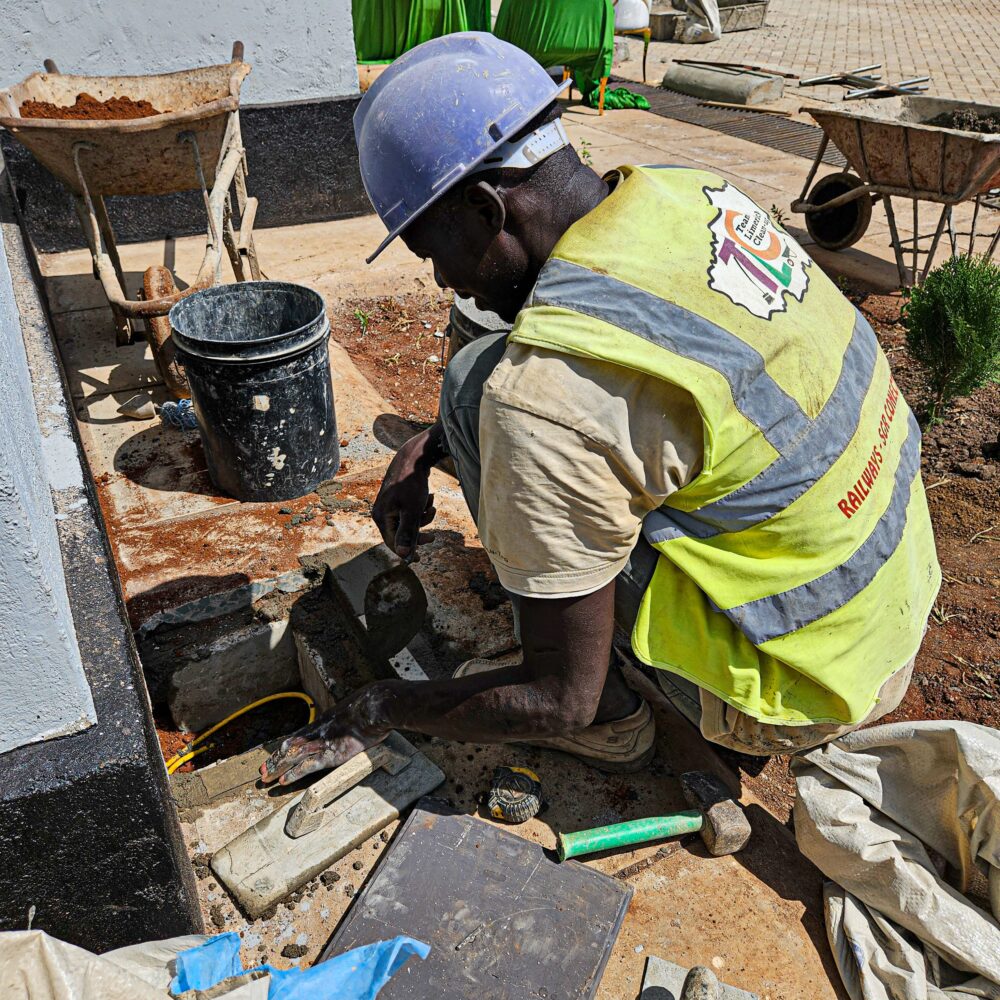
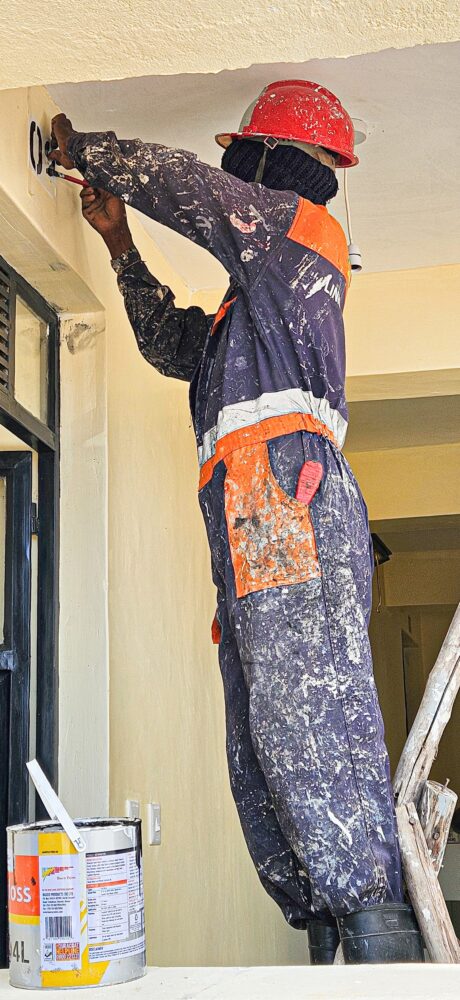
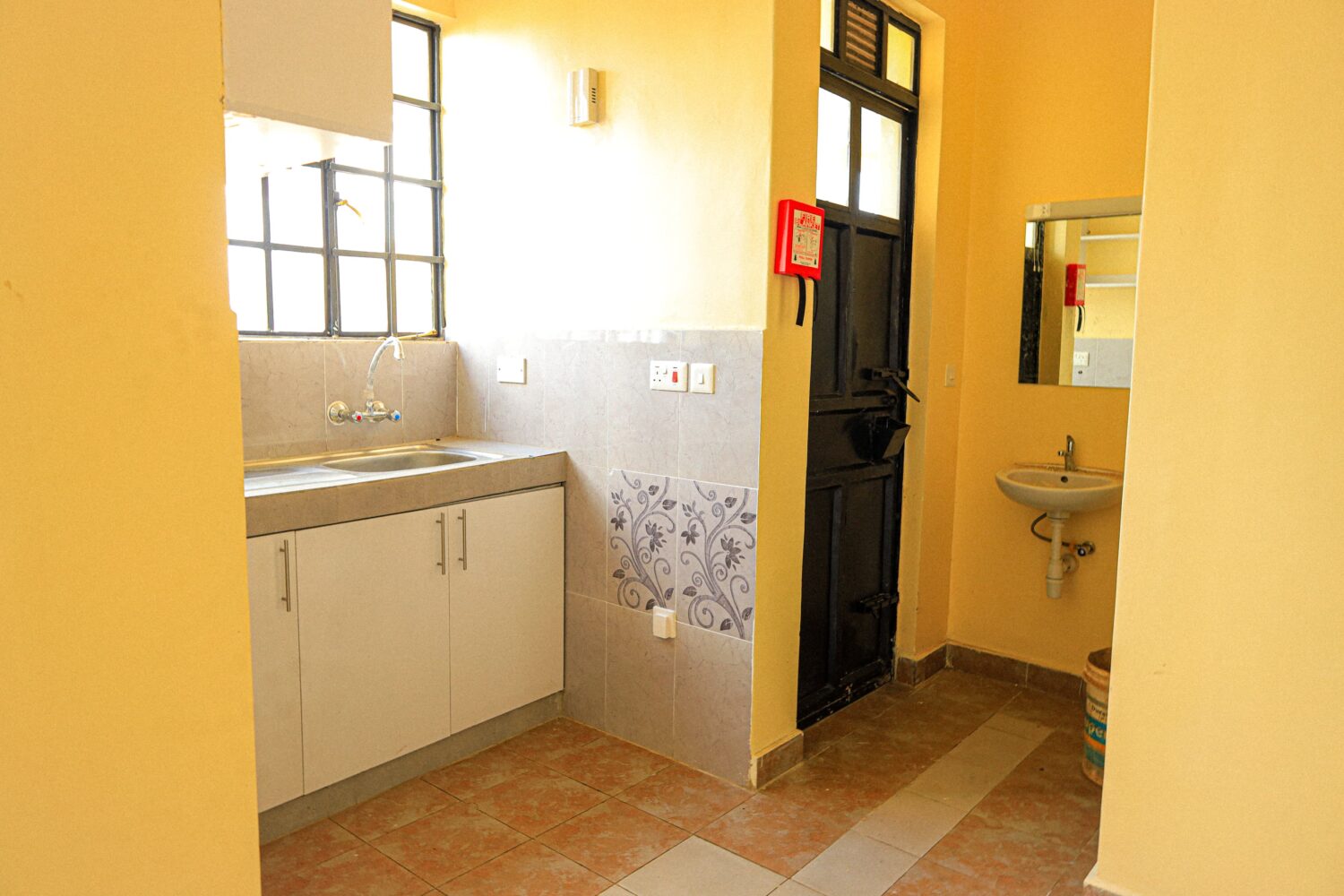
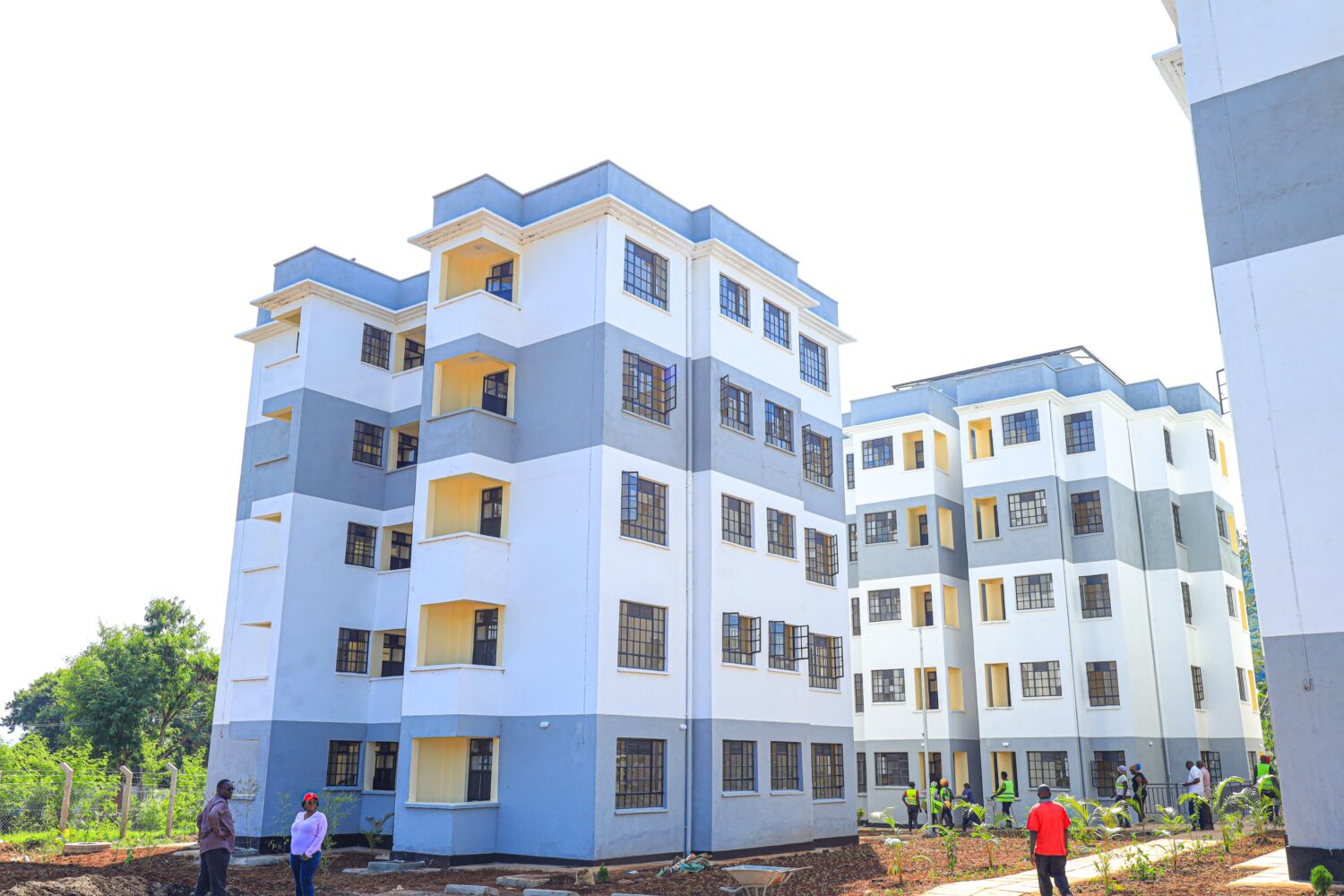
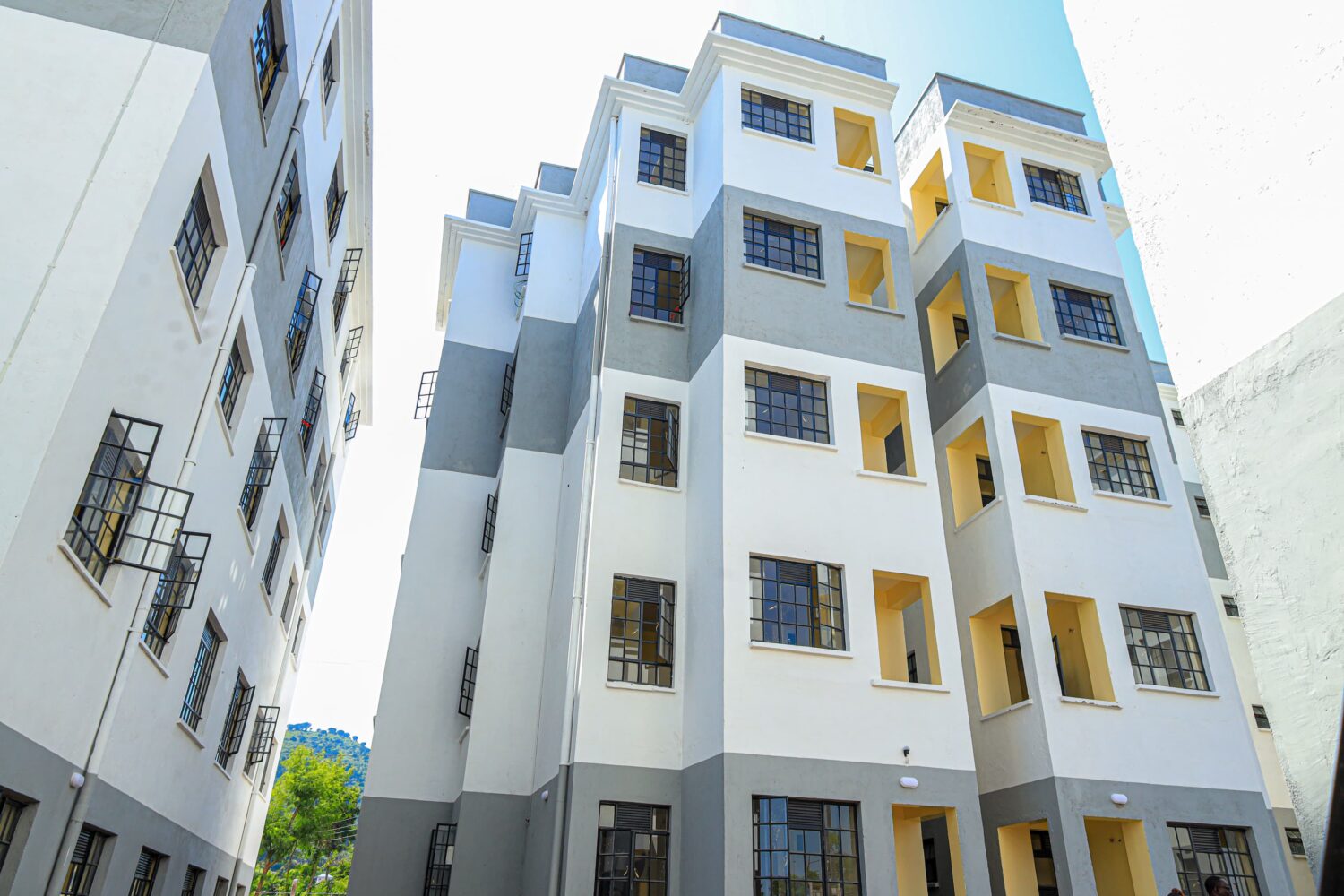
The Homa Bay Affordable Housing Project is an initiative between the National Housing Corporation (NHC) and the Homa Bay County Government and seeks to put up 2,000 affordable housing units on an 11-acre parcel in Makongeni, Homa Bay Town.
The first phase of 110 units is now complete and President William Ruto is expected to hand over keys to new home owners who have successfully applied for allocation of these units.
Bernard Ojijo a mason working at the site said by providing employment for the youths, the project had also contributed to a decline in crime and drug abuse since those engaged directly were always busy.
His sentiments were echoed by Justus Mwangangi a painter who lauded the Government saying such projects enables them provide for their families and enhances their growth in the constrcution sector
The 1st phase comprise 38 two-bedroom houses, 40 one-bedroom units, and 30 studio apartments and two studio cum shops.
According to Engineer Thomas Ofwa, the estate has solar lighting for common areas and streets while they have also using taps aerators for sanitary fittings to save on water consumption.
He said the project was ablessing to the residents of Homa Bay County with an estimated Ksh 11M paid to the local jua kali artisans for the supply of doors and windows while local women groups received Ksh 1m for landscaping services.
About 2000 Skilled and non-skilled workers were employed during the life cycle of the Project all sourced from the local community.


